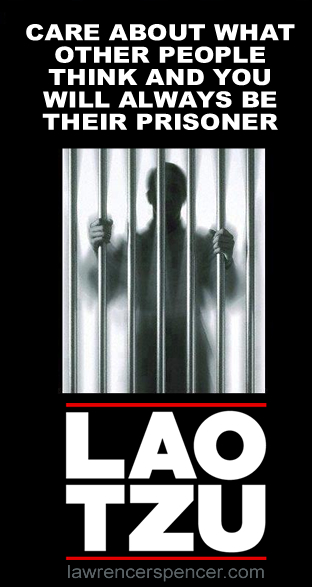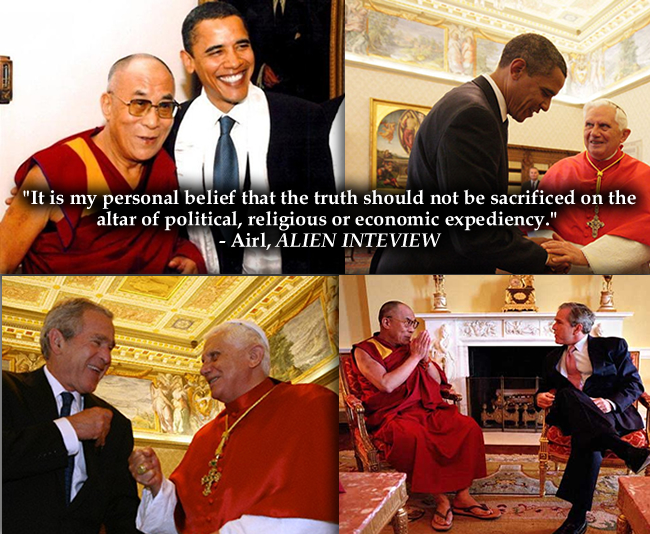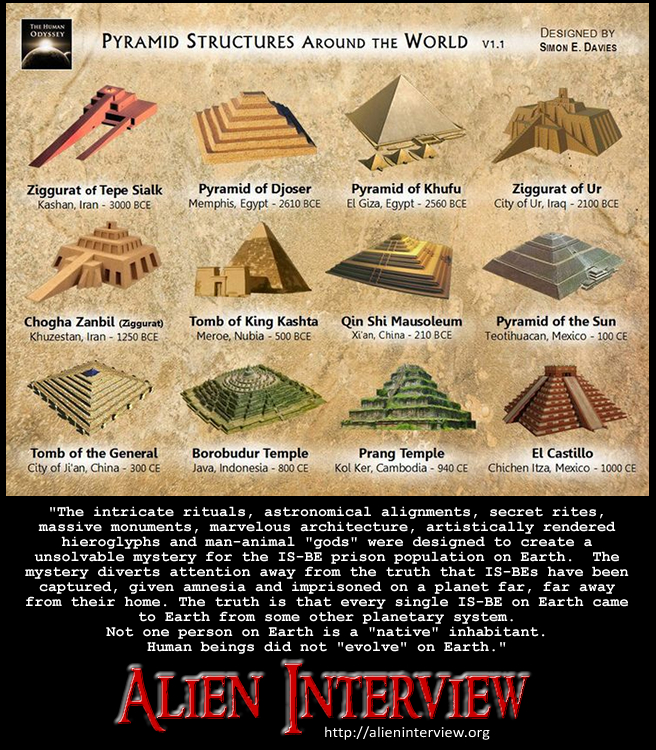Republished by Blog Post Promoter

“…Earth, inherently, is a highly unstable planet. It is not suitable for settlement or permanent habitation for any sustainable civilization. This is part of the reason why it is being used as a prison planet. No one else would seriously consider living here for a variety of simple and compelling reasons:
1) The continental land masses of Earth are floating on a sea of molten lava beneath the surface which causes the land masses to crack, crumble and drift continually. [i] (Footnote)
2) Because of the liquid nature of the core, the planet is largely volcanic and subject to earthquakes and volcanic explosions.
3) The magnetic poles of the planet shift radically about once every 20,000 years. [ii] (Footnote) This causes a greater or lesser degree of devastation as a result of tidal waves, and climatic changes.
4) Earth is very distant from the center of the galaxy and from any other significant galactic civilization. This isolation makes it unsuitable for use, except as a “pit stop” or jumping off point along the way between galaxies. The moon and asteroids are far more suitable for this purpose because they do not have any significant gravity.
5) Earth is a heavy gravity planet, with heavy metallic soil and a dense atmosphere. This makes it treacherous for navigational purposes. That fact that I am in this room, as the result of an in flight accident, in spite of the technology of my craft and my extensive expertise as a pilot, are proof of these facts.”
— Excerpted from the book ALIEN INTERVIEW, edited by Lawrence R. Spencer
 FOOTNOTES:
FOOTNOTES:
[i] “The land masses continually crack, crumble and drift.”
“Plate tectonics (from Greek τέκτων, tektōn “builder” or “mason”) is a theory of geology that has been developed to explain the observed evidence for large scale motions of the Earth’s lithosphere. The theory encompassed and superseded the older theory of continental drift from the first half of the 20th century and the concept of seafloor spreading developed during the 1960s.
The outermost part of the Earth’s interior is made up of two layers: above is the lithosphere, comprising the crust and the rigid uppermost part of the mantle. Below the lithosphere lies the asthenosphere. Although solid, the asthenosphere has relatively low viscosity and shear strength and can flow like a liquid on geological time scales. The deeper mantle below the asthenosphere is more rigid again. This is, however, not because of cooler temperatures but due to high pressure.
The lithosphere is broken up into what are called tectonic plates — in the case of Earth, there are seven major and many minor plates. The lithospheric plates ride on the asthenosphere. These plates move in relation to one another at one of three types of plate boundaries: convergent or collision boundaries, divergent or spreading boundaries, and transform boundaries. Earthquakes, volcanic activity, mountain-building, and oceanic trench formation occur along plate boundaries. The lateral movement of the plates is typically at speeds of 5 – 10 centimeters / yr.”
— Reference: Wikipedia.org
[ii] “ The magnetic poles of the planet shift radically about once every 20,000 years”.
“The pole shift theory is a hypothesis that the axis of rotation of a planet has not always been at its present-day locations or that the axis will not persist there; in other words, that its physical poles had been or will be shifted. Pole shift theory is almost always discussed in the context of Earth, but other solar system bodies may have experienced axial reorientation during their existences.
Pole shift theories are not to be confused with plate tectonics, the well-accepted geological theory that the Earth’s surface consists of solid plates which shift over a fluid asthenosphere; nor with continental drift, the corollary to plate tectonics which maintains that locations of the continents have moved slowly over the face of the earth, resulting in the gradual emerging and breakup of continents and oceans over hundreds of millions of years.
Pole shift theories are also not to be confused with Geomagnetic reversal, the periodic reversal of the earth’s magnetic field (effectively switching the north and south magnetic poles). Geomagnetic reversal has more acceptance in the scientific community than pole shift theories.”
— Reference: Wikipedia.org
 “A human being is the literal embodiment of mortality. The flesh is a prison for the Being. The Earth is a prison for the body: a prison within a prison for a Soul, carefully concealed in Mystery. An object animated by a Soul that thinks that it is the object is the ultimate accomplishment of the trade and technology of The Mortality Mechanic.”
“A human being is the literal embodiment of mortality. The flesh is a prison for the Being. The Earth is a prison for the body: a prison within a prison for a Soul, carefully concealed in Mystery. An object animated by a Soul that thinks that it is the object is the ultimate accomplishment of the trade and technology of The Mortality Mechanic.”








